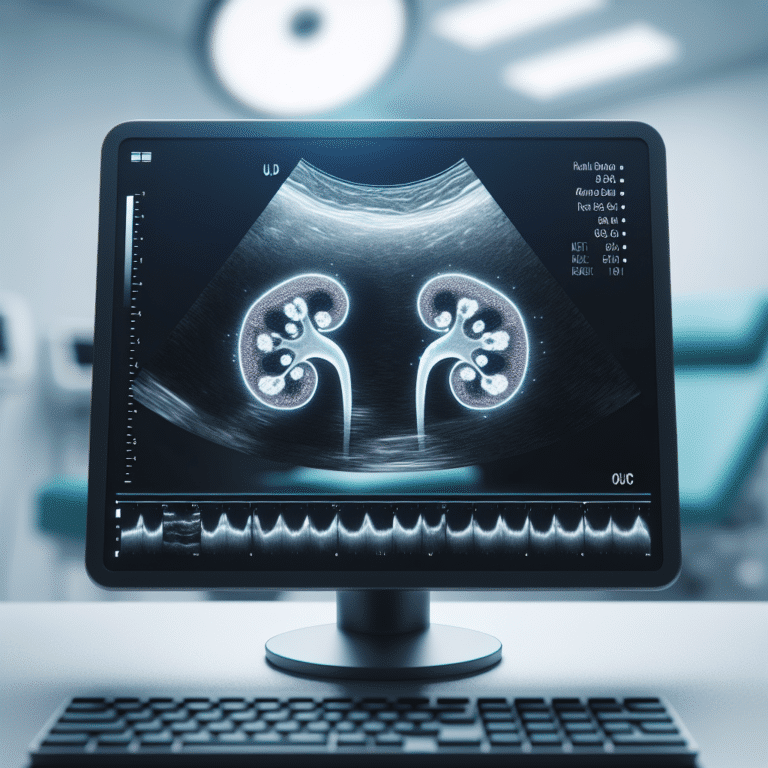Summary
- High PHD on CT images may be observed but not always reported by radiologists, indicating a risk factor for kidney stone formation.
- The measurement of PHD by CT scan shows a significant difference between stone formers and control patients, with higher values correlating with an increased risk of stone recurrence.
- Papillary calculi can result from subepithelial lesions or other causes of crystallization, with different pathways of stone formation associated with specific risk factors.
- A study comparing papillary abnormalities detected by ureteroscopy with PHD measured on CT scans found a correlation between high PHD and low fluid intake as a risk factor for stone recurrence.
- While high PHD on CT scans may not predict a specific crystallization pathway, it can serve as a radiological sign of insufficient diuresis and a potential indicator of lithogenic risk.
A recent study has shed light on the connection between high renal papillary density (PHD) on CT scans and the risk of kidney stone formation. The study found that high PHD values may indicate an increased risk of developing kidney stones, as well as a higher likelihood of stone recurrence. The research also highlighted the importance of adequate fluid intake in reducing the risk of high PHD and subsequent stone formation.
Interestingly, the study did not find a direct correlation between PHD and the type of crystals that form kidney stones. Instead, factors like low fluid intake and insufficient diuresis were identified as key predictors of high PHD levels. This suggests that maintaining proper hydration levels may play a crucial role in preventing kidney stone formation.
While the study had certain limitations, such as being conducted at a single center and using retrospective CT scan data, the findings provide valuable insights into the factors influencing PHD and its implications for kidney health. By emphasizing the importance of hydration and proper fluid intake, the study underscores the significance of simple lifestyle changes in reducing the risk of kidney stone formation.
Overall, the study highlights the importance of maintaining a healthy lifestyle, including staying hydrated, to reduce the risk of kidney stone formation. By understanding the impact of PHD on kidney health, individuals can take proactive steps to protect their kidneys and prevent the recurrence of kidney stones.
Source link
Nephrology,Urology,Radiology


